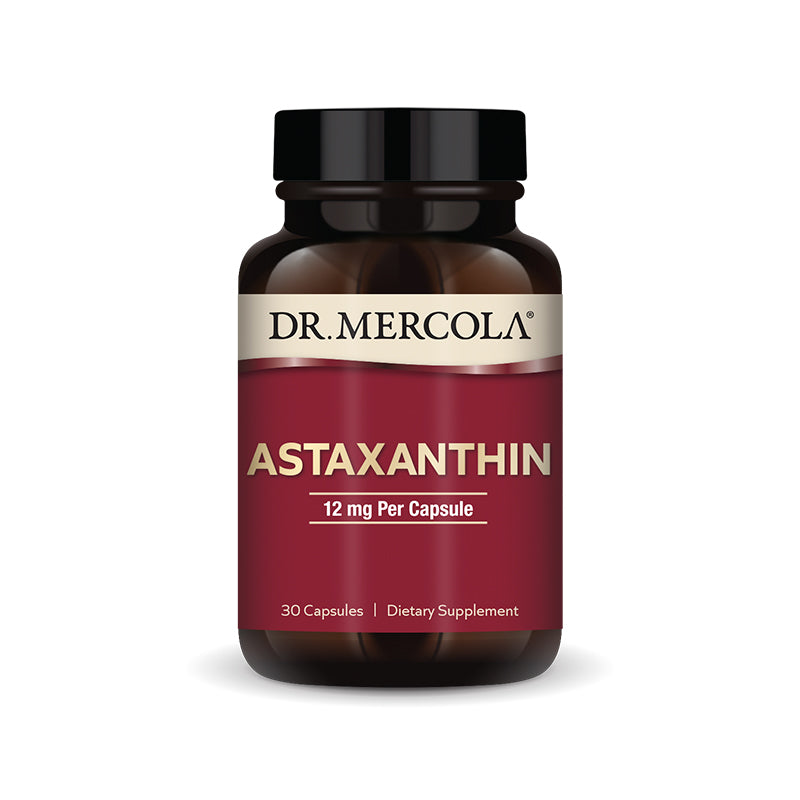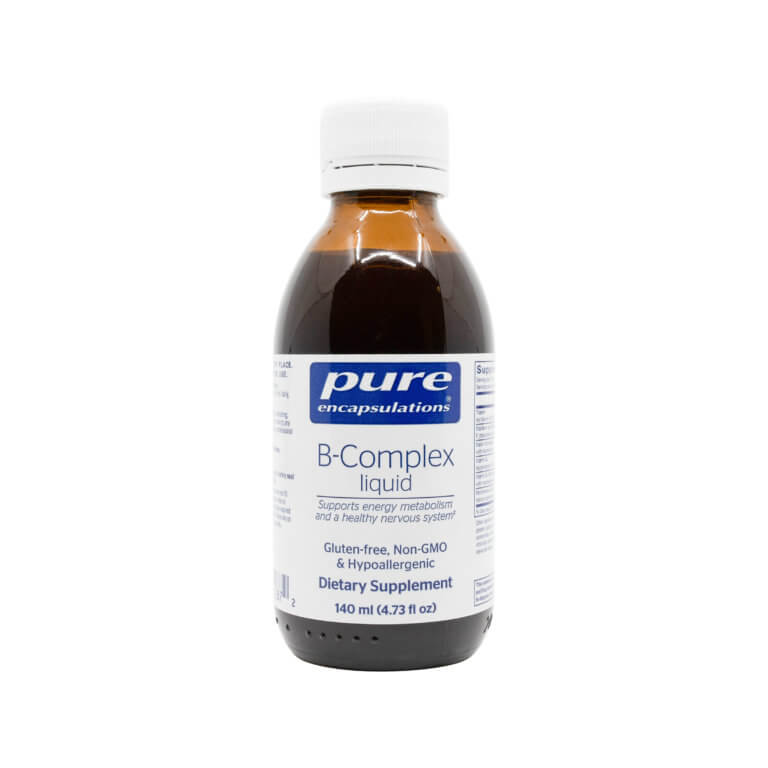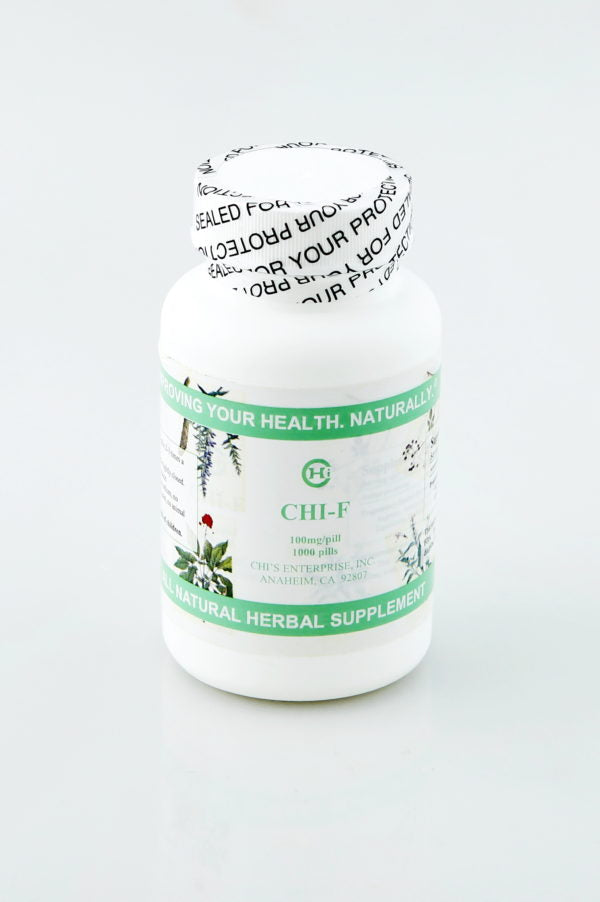Cart
0
by Glen Depke, Traditional Naturopath Valentine’s Day is coming up and this will often lead to conversations about relationships and intimacy. The unfortunate part of this conversation is that most are actually discussing the lack of intimacy. Sad but true. Of course this lack of intimacy can be driven by mental, emotional and feelings toward your significant other, but many and perhaps even most of the time, this lack of intimacy is actually based on functional imbalances in the body. These functional imbalances will be our focus today. So what are the 3 reasons why you may have lost that loving feeling? Today we’ll look at hormones, the cardiovascular system and neurotransmitter function as the main culprits that have stolen that loving feeling from you. Let’s first address hormones. The first and most notable hormone response is tied into your adrenal function. When you are under a chronic stress response whether this is due to mental/emotional, inflammatory, infectious, chemical, injury and/or environmental stress, this stress response will maintain a constant state of fight or flee. Think about it, when you have cortisol flowing through your body, pushing you into a sympathetic state with the perception or reality of saving your life; would intimacy be the last thing you would be thinking about. Simply put, if you are a chronic stress ball, intimacy will elude you. Take this simply complimentary assessment to see if you fit into the “chronic stress ball” category. Also a recent study found that women who avoid romantic intimacy emitted lower levels of estradiol, which is a hormone linked with bonding and care-giving. Conversely, women who were generally more intimate showed higher estradiol levels. While this does not suggest that you want high estradiol, women essentially will be looking for balanced estrogen hormone production to enjoy intimacy in their lives. Understand that adrenal function plays a major role in ovary function which will produce approximately 66% of the estrogen hormones for women in child bearing years. Also the adrenal glands specifically will produce most of the other 33%. So if adrenal function is off, it is very likely the estrogen hormones are also off. And you guessed it, depleted levels of intimacy in your life. Another hormonal aspect is tied into oxytocin, a hormone released during sex and other intimate gestures like hugging or holding hands that’s been proven to strengthen social bonds. Oxytocin is a hormone that is made in the brain, in the hypothalamus, and it is transported to, and secreted by, the pituitary gland, which is located at the base of the brain and interestingly, your adrenal glands play a major role in the HPA axis which is your hypothalamus, pituitary and adrenal axis. Research has found that this hormone also appears to boost a man’s attraction to their mate and under the influence of oxytocin, two areas of the brain responsible for feelings of reward and pleasure lit up when men saw their partner’s faces. This sounds like a female hormone, right? So what does oxytocin do in men? Well, for a long time, people didn’t think it did much, but this is incorrect. It is now known that oxytocin is very important for things like bonding in males and oxytocin is also important for one thing that men find to be very, very, very important. This would be intimacy and sex. It turns out that oxytocin in men is important in sexual arousal. During sexual arousal, large amounts of oxytocin and dopamine are released. It is believed that oxytocin contributes to the perception of sexual arousal, while dopamine may be correlated with the positive feelings associated with sexual arousal. Most people desire occasional physical intimacy, which is a natural part of human sexuality, and research has shown it has health benefits. A hug or touch can result in the release of oxytocin, dopamine, and serotonin, and in a reduction in stress hormones. Which leads us into our next discussion as intimacy is tied into neurotransmitter function. Dopamine is the chemical that stimulates desire and reward by triggering an intense rush of pleasure. It actually has the same effect on the brain as taking cocaine! It is suggested that couples often show the signs of surging dopamine such as increased energy, less need for sleep or food, focused attention and exquisite delight in smallest details when dopamine is surging. Dopamine is basically at the core of our sexual drives and survival needs and it motivates us to do just about everything. This mechanism within the reward center of the primitive brain has been around for millions of years and has not changed. Rats, humans indeed, all mammals are very similar in this respect. Serotonin is one of intimacy’s most important chemicals which explain why when you’re falling in love, your new lover keeps popping into your thoughts. New research finds that the judgments we make about the intimacy of other couples’ relationships appear to be influenced by the brain chemical serotonin. The role of serotonin as a contributing factor for depression and other psychiatric activity led to the investigation of serotonin as it contributes to changes in the way individuals perceive personal relationships, or even in their ability to maintain positive personal relationships. Serotonin is important in social behavior, and also plays a significant role in psychological disorders and that a drop in serotonin levels is associated with depression. Depression is a condition that often results in compromised intimacy. Lastly we’ll look at cardiovascular health and specifically circulation. One of the most critical aspects of bodily function in the role of intimacy is blood circulation. Penis and vaginal stimulation cannot take place if blood flow has been significantly compromised. Various methods are used to keep poor circulation from adversely affecting intimacy, including topical solutions, penile pumps, and the best known treatment for intimacy circulation difficulties there is: Viagra. I would never recommend Viagra because there are many natural methods available that will enhance your circulation. The best strategy for making sure that poor blood circulation doesn’t interfere with intimacy is to maintain optimal health. Conditions that affect blood circulation flow, such as diabetes, are often directly correlated to a person’s health state. Adult onset diabetes that occurs because of bad health habits, is becoming more and more commonplace. Obesity is a primary factor in onset diabetes and may increase the likelihood of sterility because of increased body heat about the stomach and into the genital area. A good rule of thumb for maintaining intimacy then is to maintain good health, and intimacy function will follow. So what are some answers to these difficulties? Stay tuned, because next week’s featured article is going to provide both ways to assess these underlying functional issues but also solutions to assist in providing the balance you need to enhance your feelings of intimacy with your partner.













